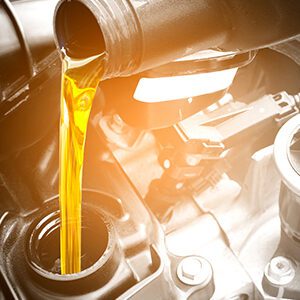SPECIAL FEATURES
Witcol Temper Lube Grades have been specially formulated from highly refined petroleum oils with additives and have the following characteristics-
- Good thermal properties
- Good chemical oxidation stability
- High boiling points and low volatility
- High flash and hire points
TEMPER LUBE 39/40
These are blends of refined base oils and contain no additives. Witcol Temper Lube 39 is recommended for general purpose quenching of components and is particularly suitable for quenching of cyanide parts. Witcol Temper Lube 40 is suitable in situations where a lower quenching speed is desired. Both meet the requirements of the IS 2664-1980 Straight Mineral Type Grade- Medium and Heavy, respectively.
TEMPER LUBE 42/42 SPL
This is a blend of refined petroleum oil and high quality fatty oils. It has good moistening characteristics and a higher quenching speed compared to Witcol Temper Lube 39 and Witcol Temper Lube 40. It is recommended for general purpose quenching operations but is not suitable for quenching cyanide parts. It meets the requirements of the IS 2664-1980 Compounded Type.
TEMPER LUBE 43
It is an additive type of Quenching Oil with good dispersant characteristics and excellent heat transfer properties. Carefully selected additives incorporated in this oil control soiling of metallic parts during quenching by preventing dirt from accumulating on the metal and thereby ensuring uniform hardness with minimum quench distortions. It meets the requirements of IS 2664-1980 Additive Type.
TEMPER LUBE 85
The Marquench Oil is suitable for maintaining the quenching bath at 150°C to 220°C. It is recommended for the mass production of high precision, high quality products, such as bearing races, automotive gears, and transmission components. It gives low and predictable quench distortions, cutting down rejects. It meets the requirements of IS 4543-1977.









